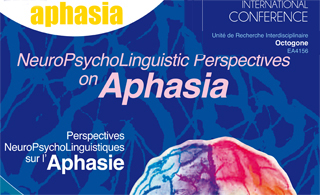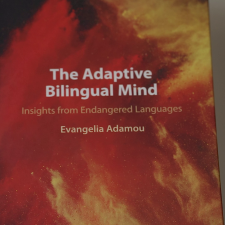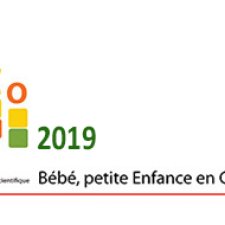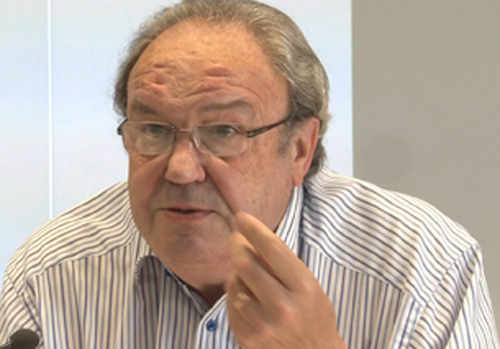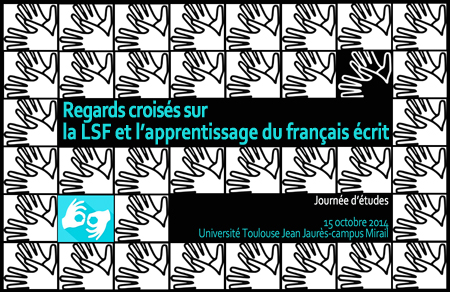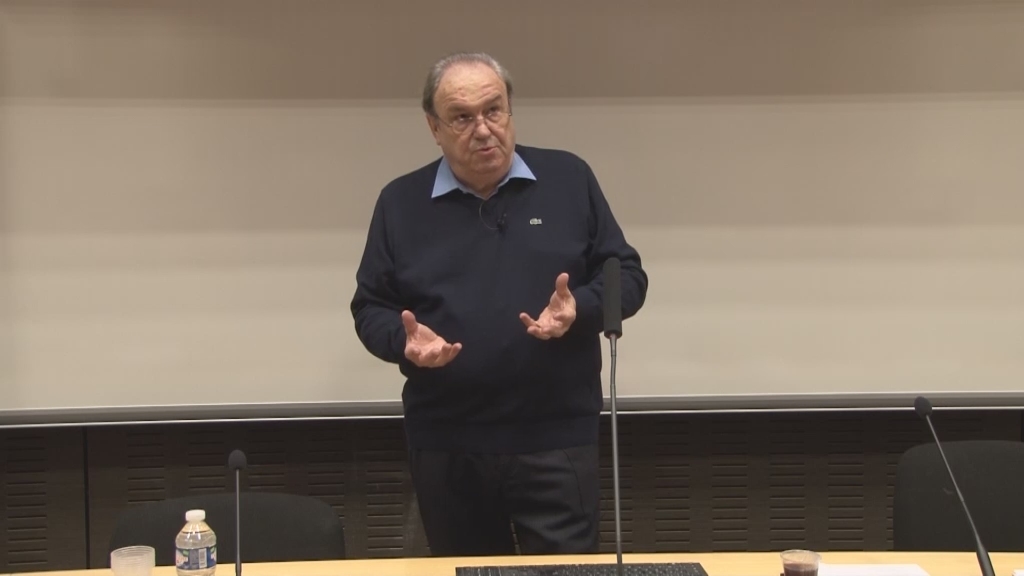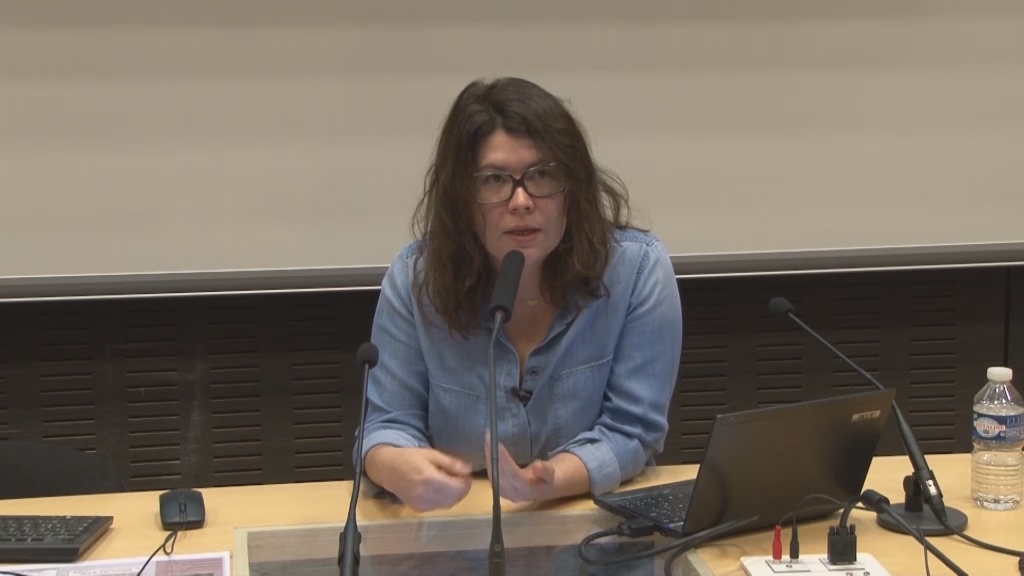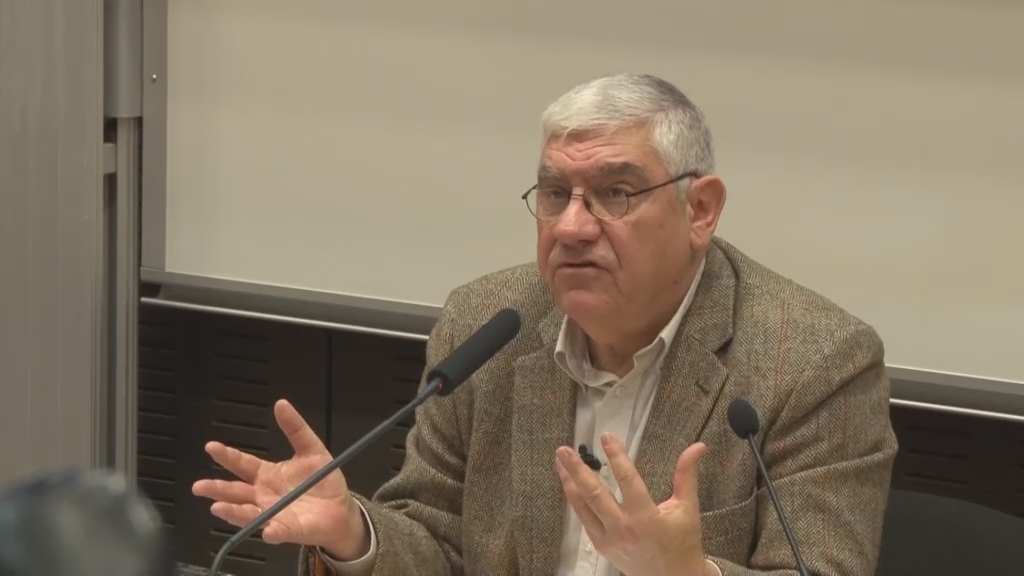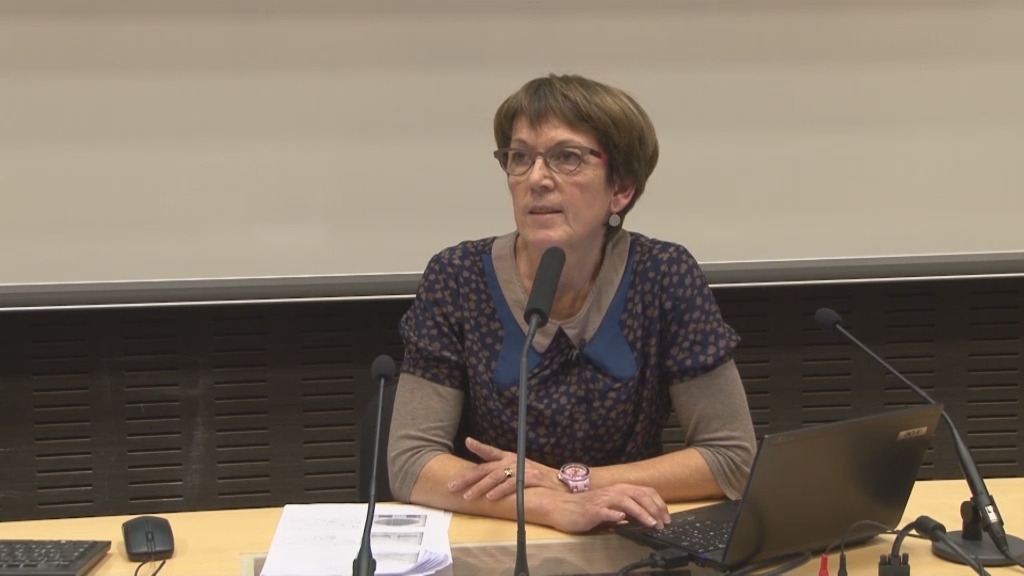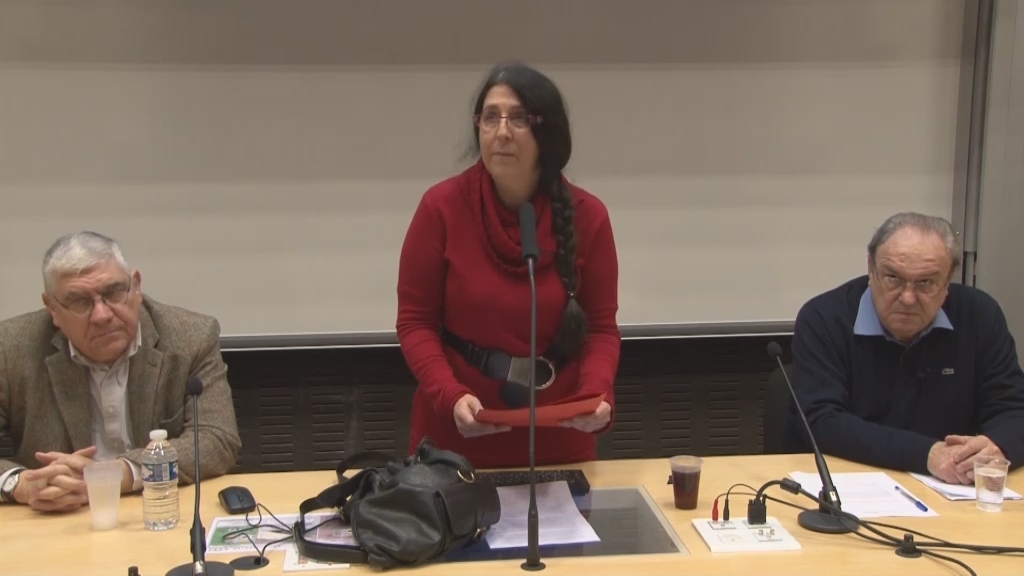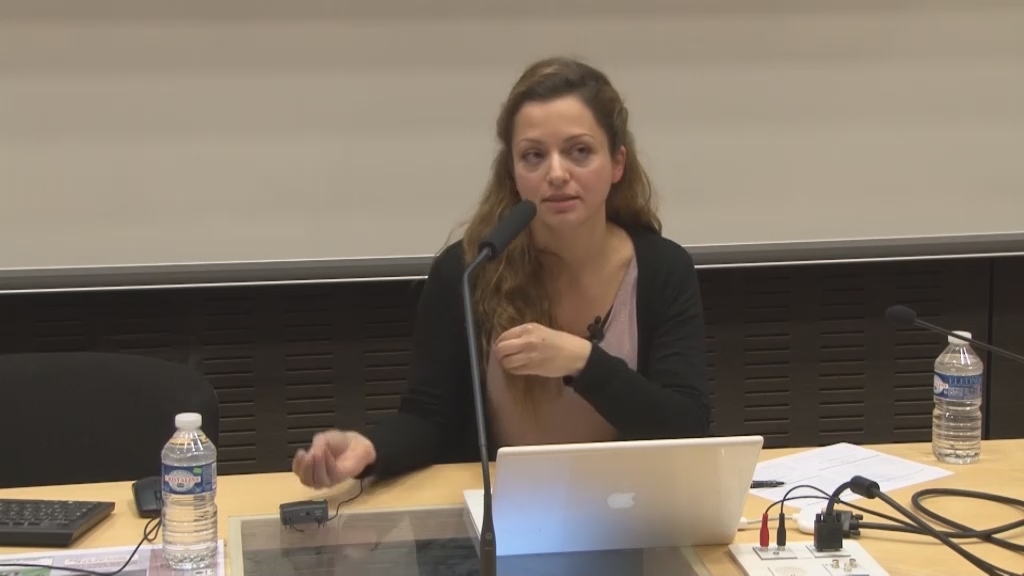Notice
Pantomiming what you cannot say: a study on the influence of a semantic disorder on the ability to compensate for speech loss with the use of pantomimes / Karin Van Nispen
- document 1 document 2 document 3
- niveau 1 niveau 2 niveau 3
Descriptif
Pantomiming what you cannot say: a study on the influence of a semantic disorder on the ability to compensate for speech loss with the use of pantomimes / Karin Van Nispen. In "Perspectives neuropsycholinguistiques sur l'aphasie - NeuroPsychoLinguistic Perspectives on Aphasia", colloque international organisé par l'Unité de Recherche Interdisciplinaire Octogone de l'Université Toulouse II-Le Mirail (France). Toulouse, 21-23 juin 2012.
Gestures can convey meaning in co-occurrence as well as in absence of speech (e.g. Krauss, Chen, & Gottesman, 2000). For people with severe aphasia gesturing could therefore potentially be a good strategy to compensate for their speech loss. However, a study by Mol, Krahmer & van de Sandt-Koenderman (2011), shows that gestures of aphasic people are less comprehensible than those of healthy controls. This supports the view that language and gesturing are closely related processes (de Ruiter, 2000; McNeill & Duncan, 1998). Following this hypothesis, one would expect people with aphasia to show difficulties in gesturing. However, aphasic patients typically show very different linguistic disorders. Therefore, it is difficult to make general claims about their ability to gesture. Possibly, there is a relation between specific linguistic disorders and this gesture ability. De Ruiter (2000) proposes that language and gesture are linked in the conceptualization stage of language production, a stage which involves semantic processing. Following De Ruiter’s hypothesis (de Ruiter, 2000), one would therefore expect aphasic patients with a semantic disorder to show a deficit in gesturing.
The current study aims at analyzing the influence of a semantic disorder on the ability of aphasic patients to compensate for their speech loss with the use of pantomimes. Our findings will give new insights into the gesture ability of people with aphasia. This can be used in clinical practice for communication and therapy advice. Furthermore, this study gives a more theoretical insight in the relation between language and gesturing.
We conduct two experiments. In the first experiment, a healthy control group and two groups of aphasic people, one with and one without a semantic disorder, are asked to name pictures of objects from the Boston Naming Task (Kaplan, Goodglass, & Weintraub, 1983). They have to do this both verbally and with the use of pantomimes. We compare the techniques used by each group to depict objects in pantomime (e.g. pretending to handle an object or outlining its shape). The comprehensibility of the pantomimes is assessed in a second experiment. In a perception task, we show video clips from the first experiment to students who have to determine (in a forced choice task) what the person in the video clip is trying to express.
This study is currently being conducted. At the conference we will present a comparison of the comprehensibility of the spoken utterances versus the comprehensibility of the used pantomimes, for all three groups. This may reveal to what extent aphasic patients are able to compensate for their speech loss with the use of pantomimes, and whether this differs for people with and without a semantic disorder.
Intervention / Responsable scientifique
Thème
Documentation
Bibliographie sélective
De
Ruiter, J. P. (2000). The production of gesture and speech. In D.
McNeill (Ed.), Cambridge: Cambridge University Press, Language
& Gesture, 284-311.
Kaplan, E., Goodglass, H., & Weintraub, S. (1983). The Boston Naming Test, Philadelphia: Lea & Febiger.
Krauss, R. M., Chen, Y., & Gottesman, R. F. (2000). Lexical gestures and lexical access: A process model. In D. McNeill (Ed.), Language & Gesture. Cambridge: Cambridge University Press.
McNeill, D. A., & Duncan, S. D. (1998). Growth Points in Thinking-for-Speaking. In D. McNeill (Ed.), Language & Gesture. Cambridge: Cambridge University Press.
Mol, L., Krahmer, E., & Van de Sandt-Koenderman, W. M. E. (2011). Gesturing by aphasic speakers, how does it compare? In L. Carlson, C. Hölscher & T. Shipley (Eds.), Proceedings of the 33rd Annual Conference of the Cognitive Science Society, Austin, TX: Cognitive Science Society, 1454-1459.
> Voir aussi la bibliographie générale à télécharger dans l'onglet "Documents" de la séquence vidéo d'ouverture du colloque.
Dans la même collection
-
Phonological and phonetic encoding and impairment / Marina Laganaro
LaganaroMarinaPhonological and phonetic encoding and impairment / Marina Laganaro
-
Perspectives neuropsycholinguistiques sur l'aphasie - NeuroPsychoLinguistic Perspectives on Aphasia…
Perspectives neuropsycholinguistiques sur l'aphasie - NeuroPsychoLinguistic Perspectives on Aphasia : ouverture. Colloque international organisé par l'Unité de Recherche Interdisciplinaire Octogone de
-
Entre dysfonctionnement et normalité : une perspective à partir de données anatomo‐fonctionnelles o…
DuboisCyril Michel RobertLahyaniSaoussanEntre dysfonctionnement et normalité : une perspective à partir de données anatomo‐fonctionnelles obtenues auprès de sujets sains et de sujets aphasiques / Saoussan Lahyani, Cyril Dubois. In
-
A « subtle phonetic deficit » in fluent aphasia ? An acoustic and perceptual study / Anna Marczyck
MarczyckAnnaA « subtle phonetic deficit » in fluent aphasia ? An acoustic and perceptual study / Anna Marczyck
-
Pour une approche dynamique des réponses aphasiques obtenues en dénomination d’images : apport de l…
TranThi MaiPour une approche dynamique des réponses aphasiques obtenues en dénomination d’images : apport de l’analyse qualitative / Thi-Mai Tran, in "Perspectives neuropsycholinguistiques sur l'aphasie -
-
Compounding and lexical recursion in aphasia and in Alzheimer’s disease / Zoltán Bánréti
BánrétiZoltánCompounding and lexical recursion in aphasia and in Alzheimer’s disease / Zoltán Bánréti. In "Perspectives neuropsycholinguistiques sur l'aphasie - NeuroPsychoLinguistic Perspectives on Aphasia",
-
Age of acquisition affects word retrieval in spontaneous speech produced by patients with Alzheimer…
GayraudFrédériqueBarkatMélissaAge of acquisition affects word retrieval in spontaneous speech produced by patients with Alzheimer's disease / Frédérique Gayraud, Mélissa Barkat-Defradas. In "Perspectives neuropsycholinguistiques
-
Morpho-syntactic processing of regular and irregular formations in Arabic aphasia / Tariq Khwaileh
KhwailehTariqMorpho-syntactic processing of regular and irregular formations in Arabic aphasia / Tariq Khwaileh. In "Perspectives neuropsycholinguistiques sur l'aphasie - NeuroPsychoLinguistic Perspectives on
-
German Broca’s and Wernicke’s aphasics display similar deficits in syntactic performance / Eva Wimm…
WimmerEvaGerman Broca’s and Wernicke’s aphasics display similar deficits in syntactic performance / Eva Wimmer. In "Perspectives neuropsycholinguistiques sur l'aphasie - NeuroPsychoLinguistic Perspectives on
-
Violating canonicity in Spanish agrammatism / Silvia Martínez-Ferreiro
Martinez-FerreiroSilviaViolating canonicity in Spanish agrammatism / Silvia Martínez-Ferreiro. In "Perspectives neuropsycholinguistiques sur l'aphasie - NeuroPsychoLinguistic Perspectives on Aphasia", colloque international
-
Sentence comprehension deficits in aphasia : additional insights from impairment-specific assessmen…
HanneSandraSentence comprehension deficits in aphasia : additional insights from impairment-specific assessment / Sandra Hanne.
-
Principles of bilingual aphasia assessment and interpretation of findings / Michel Paradis
ParadisMichelPrinciples of bilingual aphasia assessment and interpretation of findings / Michel Paradis. In "Perspectives neuropsycholinguistiques sur l'aphasie - NeuroPsychoLinguistic Perspectives on Aphasia",
Sur le même thème
-
The Adaptive Bilingual Mind
AdamouEvangeliaLa chercheuse Evangelia Adamou (LACITO) présente son ouvrage "The Adaptive Bilingual Mind" (2021, Cambridge University Press).
-
How prosody helps infants and children to break into communication
GervainJuditThe talk will present four sets of studies with young infants and children to show who prosody helps them learn about different aspects of language, from learning basic word order through
-
"Déficit phonético-phonologique dans l’aphasie vasculaire : Réflexion sur le rôle des structures sy…
Les locuteurs ayant subi un AVC entrainant une aphasie avec deficit (phonetico-)phonologique realisent, en production orale, des paraphasies qui alterent soit la structure syllabique de leur langue
-
Socialisations langagières et inégalités scolaires / Élisabeth Bautier
BautierÉlisabethSous-tendue par la question des inégalités d’apprentissage scolaires et des habitudes langagières de l’école qui sont au cœur de ces inégalités, cette communication porte sur les modes de
-
Jacques Lordat (1773-1870) ou la naissance de la neuropsycholinguistique cognitive. Du vitalisme au…
NespoulousJean-LucJacques Lordat (1773-1870) a fait une exceptionnelle carrière, d’une cinquantaine d’années, à la Faculté de médecine de Montpellier, dont il fut un temps Doyen. Très tôt, il s’intéressa aux troubles
-
Regards croisés sur la LSF et l'apprentissage du français écrit : table ronde
Garcia-DebancClaudineRegards croisés sur la LSF et l'apprentissage du français écrit : table ronde, in Journée d'études organisée conjointement par l'École supérieure du professorat et de l'éducation (ESPE, Toulouse), le
-
02 - La neuropsycholinguistique 150 ans après Paul Broca (Crisco)
Journée d’étude : "Cerveau et Langage", présentée par Jacques FRANCOIS (Université de Caen) et Jean-Luc NESPOULOUS (Toulouse 2 et I.U.F.)
-
05 - Mémoire de travail, fonctions exécutives et aphasie (Crisco)
Journée d’étude : "Cerveau et Langage", présentée par Jacques FRANCOIS (Université de Caen) et Jean-Luc NESPOULOUS (Toulouse 2 et I.U.F.)
-
03 - L’émergence et l’évolution du langage humain du point de vue des neurosciences (Crisco)
Journée d’étude : "Cerveau et Langage", présentée par Jacques FRANCOIS (Université de Caen) et Jean-Luc NESPOULOUS (Toulouse 2 et I.U.F.)
-
06 - Troubles lexico-sémantiques dans l’aphasie : évolution des interprétations (Crisco)
Journée d’étude : "Cerveau et Langage"
-
01 - Ouverture de la journée d'étude : "Cerveau et Langage" (Crisco)
Journée d’étude : "Cerveau et Langage"
-
04 - Langage et représentation spatiale chez des locuteurs avec et sans agrammatisme : analyse des …
Journée d’étude : "Cerveau et Langage", présentée par Jacques FRANCOIS (Université de Caen) et Jean-Luc NESPOULOUS (Toulouse 2 et I.U.F.)

